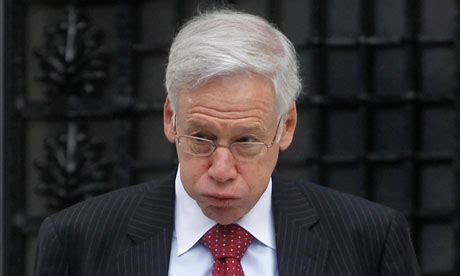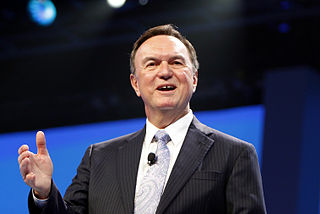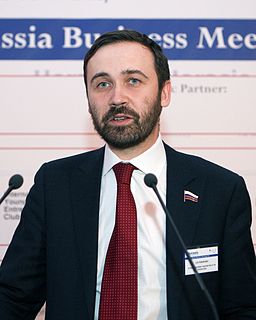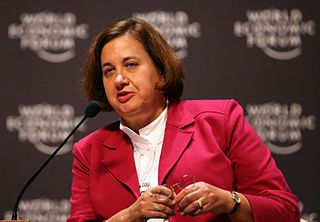A Quote by Charles Dallara
A new forum is needed that reflects the realities of today's globalised world and the rising importance of emerging markets.
Related Quotes
I don't mean to imply that we are in imminent danger of being wiped off the face of the earth - at least, not on account of global warming. But climate change does confront us with profound new realities. We face these new realities as a nation, as members of the world community, as consumers, as producers, and as investors. And unless we do a better job of adjusting to these new realities, we will pay a heavy price. We may not suffer the fate of the dinosaurs. But there will be a toll on our environment and on our economy, and the toll will rise higher with each new generation.
The U theory suggests that the central integrating thought ... will emerge from building three integrated capacities: a new capacity for observing that no longer fragments the observer from what's observed; a new capacity for stillness that no longer fragments who we really are from what's emerging; and a new capacity for creating alternative realities that no longer fragments the wisdom of the head, heart and hand.



































